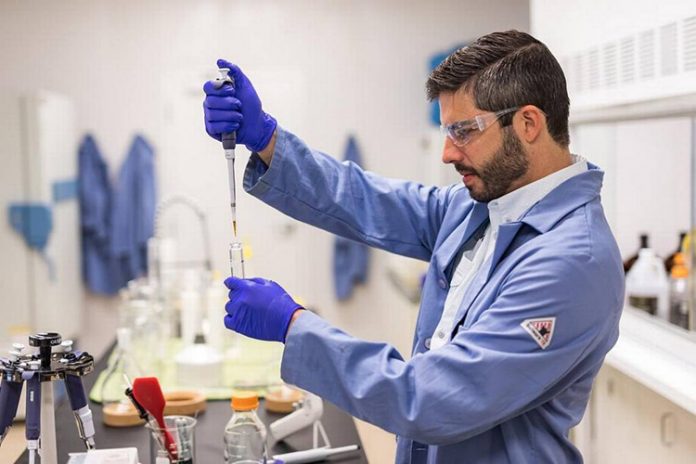State lawmakers moved Tuesday to reinstate the research provision of Pennsylvania’s medical marijuana law, a month after a court decision left it in limbo.
The House voted 167-31 to change the law by laying out more explicitly the goal of its provisions allowing medical schools to partner with companies that grow the drug and provide it to patients.
“We worked very hard so that indeed real research not only will have the opportunity to occur, but it’s going to be required to occur,” said Rep. Kathy Watson, R-Bucks, who sponsored the amendment.
The proposal, which was sent to the Senate, was prompted by a Commonwealth Court judge’s decision last month to issue a preliminary injunction against Health Department regulations for licenses issued to growers and dispensaries that partner with state medical schools.
The judge, ruling in a challenge brought by dispensaries and growers who were awarded licenses in a separate, competitive process, said the research-related regulations seemed to require that the companies with medical school partners have only a minimal commitment to research.
The amendment that passed Tuesday said the Legislature’s goal is to encourage the partnerships so that patient safety will be improved.
“The commonwealth has an interest in creating a mechanism whereby the commonwealth’s medical schools and hospitals can help develop research programs and studies,” the amendment declared.
Judith Cassel, a lawyer for the companies that sued over the regulations, said Watson’s amendment did not resolve her client’s concerns, and if the bill passes the Senate they may end up back in court.
“It doesn’t solve the fact that people who never went through the vetting process, or went through the vetting process and failed, can get a clinical registrant permit,” Cassel said.
During the House debate, Rep. Gerald Mullery, D-Luzerne, argued it was not fair for the clinical registrants to be able to get licenses without having prevailed what he called the “ultracompetitive” process under which the state picked the other grower-processors and dispensaries.
“We are too quickly expanding the market to the detriment of our commercial partners by not creating a level playing field,” Mullery said.
Pennsylvania allows patients access to medical marijuana if they have been certified by a qualified physician as having one of 21 medical conditions.














